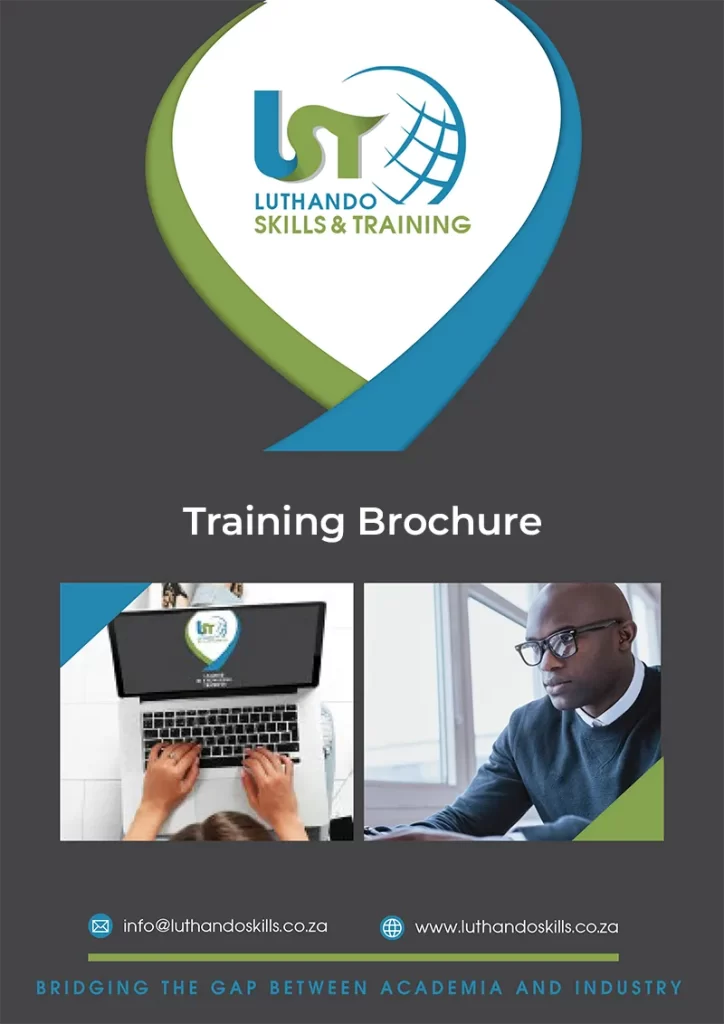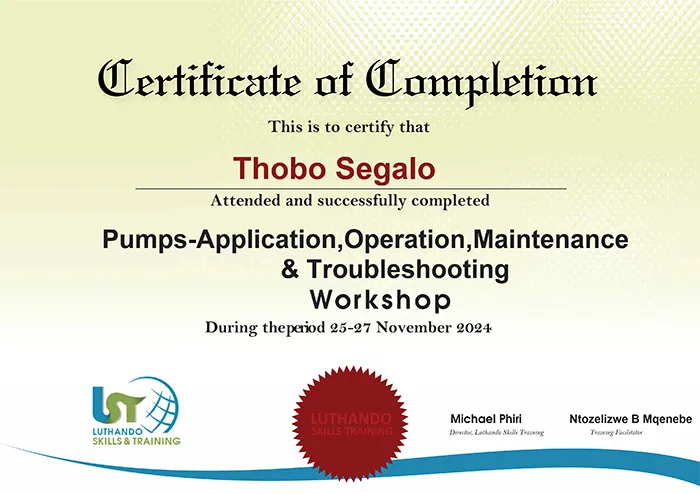Why Choose Advanced Drilling A-Z of Best Practices Training Course?
R 8,999 Per Delegate
In today’s dynamic oil and gas industry, drilling personnel must possess a comprehensive understanding of various disciplines to effectively drill a well. This Advanced Drilling A-Z of Best Practices course equips participants with the essential knowledge and skills to manage drilling operations, whether for shallow wells or complex, high-pressure environments.
Designed for engineers and field personnel involved in drilling program planning and implementation, this course covers all facets of drilling technology, emphasizing both theoretical foundations and practical applications. Participants will engage with computer programs used in modern well design, gaining insight into the underlying theories and practical implementations. Additionally, the course delves into advanced Mud Logging principles and operations.
This course builds a solid foundation in drilling and well planning, including drilling fluids, drill string design, hydraulic optimization, and problem-solving for drilling challenges. Participants will learn about drill string components, optimizing their use, evaluating weight on bit (WOB), selecting the appropriate drill collar size, and applying practical solutions for analyzing drill string performance in both vertical and directional wells.
What are the Goals?
By the end of This Advanced Drilling A-Z of Best Practices training course, participants will be able to:
- Drill wells cost-effectively while maximizing penetration rates
- Evaluate and avoid potential stuck pipe issues through optimized hole cleaning and rate of penetration (ROP)
- Design drill strings, blowout preventer (BOP) systems, and wellheads, as well as implement bit and hydraulics programs
- Create Bottom Hole Assembly (BHA) designs for effective deviation, directional, and horizontal drilling control
- Recognize and address well control challenges using Mud Logging principles and techniques
Who is this Training Course for?
This Advanced Drilling A-Z of Best Practices training course is suitable to a wide range of professionals but will greatly benefit:
- Drilling Engineers
- Well Site Supervisors
- Drilling Contractors
- Drilling Supervisors
- Trainee Drillers
How will this Training Course be Presented?
This Advanced Drilling A-Z of Best Practices training course will utilize a variety of proven adult learning techniques to ensure maximum understanding, comprehension and retention of the information presented. The facilitator will provide interactive presentation that incorporates slides, videos, group discussion, and practical exercises to examine all aspects of the topic.
The Course Content
Day One: Drilling Hole Problems and Practical Solutions
- Overview of hole problems (e.g., stuck pipe, lost circulation)
- Impact of hole cleaning on drilling issues
- Types of stuck pipe and related formation challenges
- Best practices for drilling and preventive measures
- Fishing tools and their role in addressing stuck pipe
- Types and management of lost circulation
- Materials and techniques for problem-solving
- Strategies for addressing severe losses, including new plug setting techniques
Preventing Washout and Twist-off
- Strategies to prevent washouts and analyze pressure loss
- Bit selection and hydraulic application, including nozzle choices
- Overview of bit types (Rolling Cutter Bits, Polycrystalline Diamond Bits)
- Standard classification and preparation for bit runs
- Drilling performance optimization and drill-off tests
- Drill string dynamics and vibration management
- BHA and drill string design, casing seat selection, BOP equipment considerations
- Functions and design of drill pipes, drill collars, and BHAs
- Strength properties and selection criteria for drill pipe grades and tool-joints
- Basic design calculations based on drilling depth
- Roles of stabilizers and roller reamers
Day Two: Drilling Fluids Planning and Control
- Assessing drilling fluids’ lifting capacity and pressure losses in the circulating system
- Impact of hydraulic parameters on drilling optimization and penetration rates
- Detailed examination of drilling fluid properties and their influence on drilling performance
- Managing mud properties and addressing related challenges, including seepage loss control
Well Control & Hydro-dynamic Pressure
- Comprehensive overview of well control techniques
- Phases of well control and hydro-dynamic pressure management
- Maintaining mud weight and managing kicks during drilling
- Kick detection and control teams, including guidelines for various kick scenarios
- Procedures for removing trapped gas below the BOP and managing underground blowouts
- Specific considerations for kick detection in oil-based muds and well control kill sheets
Day Three: Planning and Mud Logging Requirements
- Introduction to modern mud logging units and petroleum engineering services
- Gas analysis, cutting evaluation, shale bulk density, and shale factor considerations
- Assessing flow line temperature and drilling models for optimized performance
- Selection criteria for mud logging services and interpretation of petro-physical measurements
- Workshop focusing on drilling problems and practical solutions



